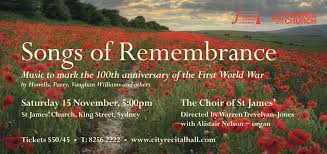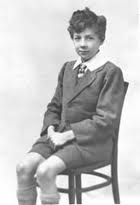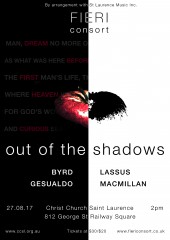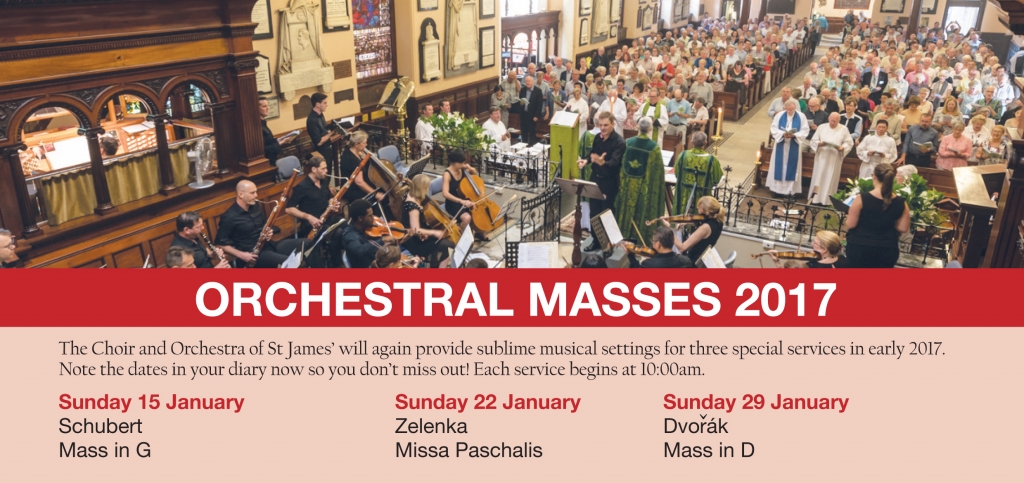Concert Review: Songs Of Remembrance/The Choir Of St James’ King Street
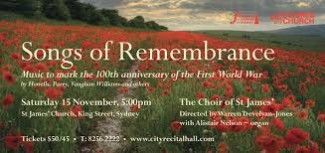
Over the past few years, Remembrance Day seems to have grown in the public heart. Of a more universal scope than its January counterpart, ANZAC Day, Remembrance Day’s theme is of the senseless suffering worldwide caused by war. With the increasing prominence of the commemoration comes a similar realisation of the quality of the associated music – much of which is extraordinary.
The indefatigable Warren Trevelyan-Jones and The Choir of St James’, King Street, truly surpassed themselves on an inclement Saturday afternoon. Choral singing at its lithest, most controlled and effortlessly balanced made our hearts ache.
The programme contained much music all too infrequently heard on Australian shores, topped and tailed with the hymn tune The Supreme Sacrifice, sung in procession first to John Arkwright’s rather lugubrious O Valiant Hearts, then in recession to Fred Kaan’s rather more orthodox God! As with silent hearts. This was an inspired piece of programming from Warren and set the tone and context for the entire afternoon of music. Three of Parry’s magnificent Songs of Farewell made a very welcome appearance, and were marked by a youthful and energetic performance, especially of the first and last in the set: Henry Vaughan’s My soul, there is a country and the extraordinarily sublime setting of Psalm 139, which was the penultimate item.
All of the composers were British, many if not all had studied at the Royal College of Music, and all knew each other. Parry, as head of the RCM, had a massive falling-out with Stanford, a fellow teacher there. Stanford’s English motet Eternal father demonstrated immaculate tuning from the Choir, most prominently in the serene closing section.
Alistair Nelson’s considerable contribution came first in Howells’ Third Rhapsody for organ – a hugely turbulent piece, written during an air raid in York whilst the composer was staying at Edward Bairstow’s house. Under Nelson’s fingers and feet, it received an appropriately driven and anguished performance.
But, my goodness, for me the only downside in the entire concert were the crude noises and clunking audible mechanism of the ailing St James’ organ. Alistair valiantly struggled to make the instrument sound musical, but the audience felt he was on the losing side. What a miserable counterpart the instrument is to the wonderfully refined sounds emanating from the Choir!
A couple of settings of the Nunc Dimittis from Howells and Wood both seemed to be slightly below par in their composers’ output, yet they were delivered with flair, despite their workmanlike status.
However, one of the real highlights of the concert came in Vaughan Williams’ utterly sublime setting of Psalm 90, Lord, Thou hast been our refuge, for unaccompanied double choir. What a true masterpiece this is! One of its many difficulties is maintaining a steady D major pitch throughout many pages of very low and sustained writing – the Choir coped admirably with the challenge.
The second highlight of the concert for me came with the performance of Howells’ miniature masterpiece, his Requiem. Not a Requiem in the true sense, Howells set, like Brahms before him, a personal selection of texts mainly from the Psalms. The result is heartbreakingly sublime, and contains probably his finest music. The bittersweet dissonances and ethereal harmonies seemed to pour forth effortlessly from the singers.
Two pieces unknown to this reviewer: the Canadian émigré yet RCM-trained Healey Willan’s How they so softly rest was especially marked by the wonderful singing of the basses’ descent to bottom C, and Geraint Lewis’ tribute to his teacher William Mathias’ wonderful setting of ‘The souls of the righteous’ will both now find their way onto St Andrew’s Cathedral’s music list. Thank you, Choir of St James’ for these two wonderful performances.
In sum, this concert displayed the finest singing from The Choir of St James’ that I have ever heard over several years of concert and service singing – some even under my own conducting! Warren and the Choir truly surpassed themselves in terms of musical excellence and commitment to their extremely demanding and evocative programme. The large audience was extremely appreciative, and the City of Sydney should be proud that music of this calibre is flourishing in its parish church.
© 2014, Ross J. Cobb, Director of Music, St Andrew’s Cathedral, Sydney. Reprinted by kind permission of St James’ King Street, Sydney.

